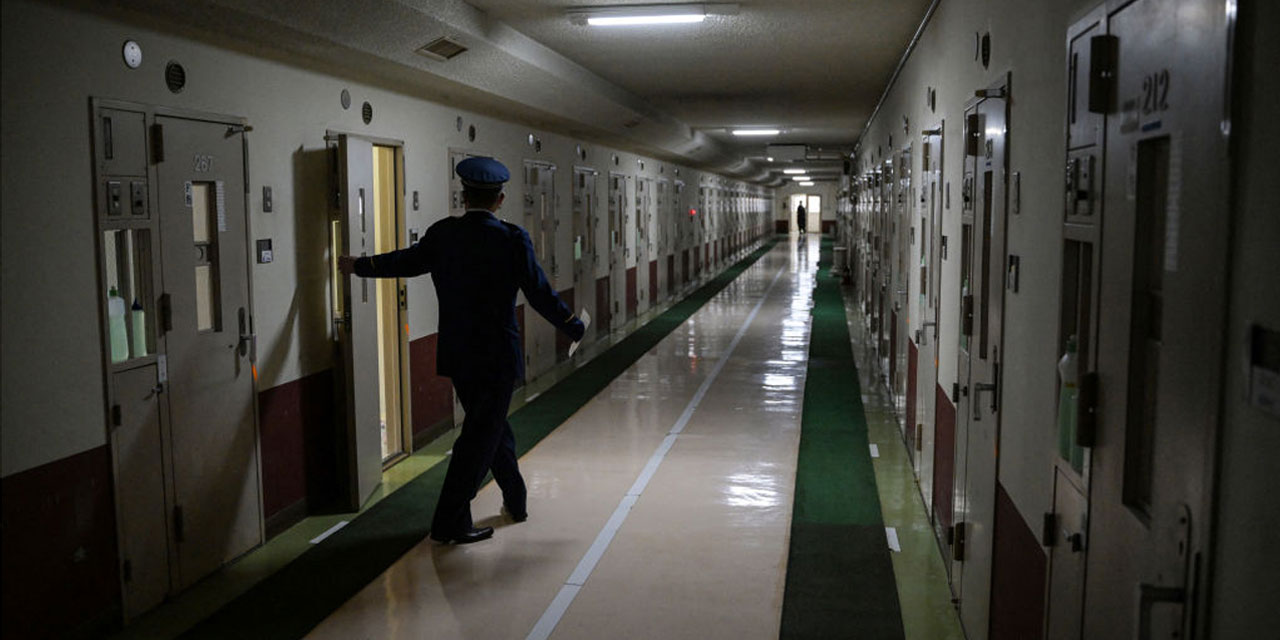America’s federal prisons are decaying and overcrowded, contributing to violence among inmates and undermining opportunities for rehabilitation. But thanks to an infusion of federal cash authorized by the One Big Beautiful Bill Act, the Bureau of Prisons has a chance to clean things up. As the BOP weighs those and other reforms, it should look to Japan, where prisons are spacious, efficient, and largely disorder-free.
Federal prisons are currently about 10 percent over capacity. At BOP’s high-security lockups, the figure is 23 percent. Overcrowded prisons are prone to disorder, including prison riots, violence, and sexual assaults. Indeed, between 2020 and 2023, American federal prisons reported nearly 5,000 sexual assaults on inmates.
Finally, a reason to check your email.
Sign up for our free newsletter today.
Japanese prisons, by contrast, operated at 47 percent of capacity in 2023. Their facilities, not coincidently, haven’t seen riots or wide-scale disorder in decades, and they report far fewer assaults on inmates. The country recorded only 25 assaults on inmates, no attacks on corrections officers, and one escape across its entire prison system between 2017 and 2021—remarkable figures, given that Japan’s prisons incarcerated 42,000 inmates in 2022. U.S. federal prisons, by contrast, recorded more than 3,000 “less serious assaults” against inmates in 2024 alone, in a system with nearly 158,000 detainees.
These differences can’t be attributed, moreover, to differences in system size or composition. Though Japan is a much smaller country, its prisons detain roughly the same proportion of people as America’s federal prisons, relative to population. About 70 percent of inmates in both U.S. federal and Japanese prisons are incarcerated for nonviolent crimes, suggesting that the two countries’ prison populations are similar.
Japan significantly curtailed prison violence with two key strategies. First, it built more prisons to reduce crowding. Many Japanese prisons house inmates in individual cells, which reduces tensions among and limits the number of contacts between prisoners. The overcrowding in many American federal prisons negatively affects inmates’ mental health, which can lead to violence.
Second, Japan enforces strict, work-centric schedules for inmates, at all security levels. After breakfast and with a few breaks, Japanese prisoners work from 8 a.m. to 5 p.m. In the U.S., by contrast, federal prisons have struggled to maintain programming and vocational classes due to chronic staffing shortages. Work programs and schedules vary wildly between federal prisons, depending on staffing. Research has shown, too, that increasing workloads for prisoners limits incidents of disorder and violence. U.S. prisons’ inconsistency also prevents inmates from building post-prison work skills that could provide job security after release.
BOP’s main hurdle to improving its prisons has been a relative lack of funding. But with the $2 billion outlay for infrastructure repairs and new construction in the One Big Beautiful Bill Act, the bureau has a chance to alleviate overcrowding and help expand work opportunities.
The new legislation could serve as the catalyst for significant reforms to American federal prisons. If the BOP emphasizes the construction of new facilities and the improvement of existing ones to alleviate overcrowding, the United States might finally reduce the violence that has long plagued its federal prison system. Japan could serve as a model for U.S. policymakers and bureaucrats to improve conditions in federal lockups—which, in the long run, will make all Americans safer.
Photo by Richard A. Brooks / AFP) (Photo by RICHARD A. BROOKS/AFP via Getty Images
City Journal is a publication of the Manhattan Institute for Policy Research (MI), a leading free-market think tank. Are you interested in supporting the magazine? As a 501(c)(3) nonprofit, donations in support of MI and City Journal are fully tax-deductible as provided by law (EIN #13-2912529).
